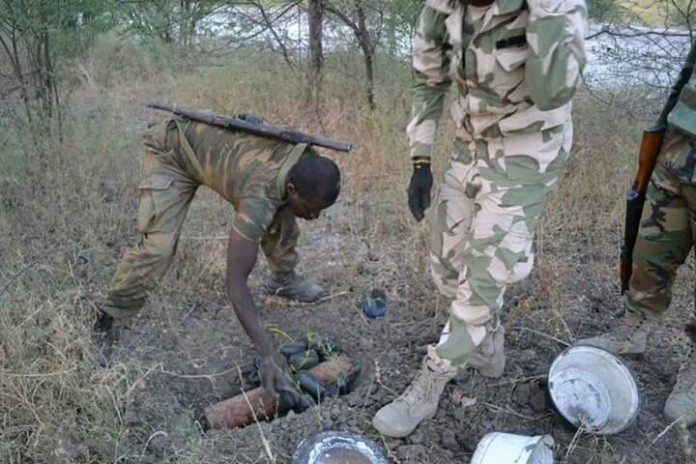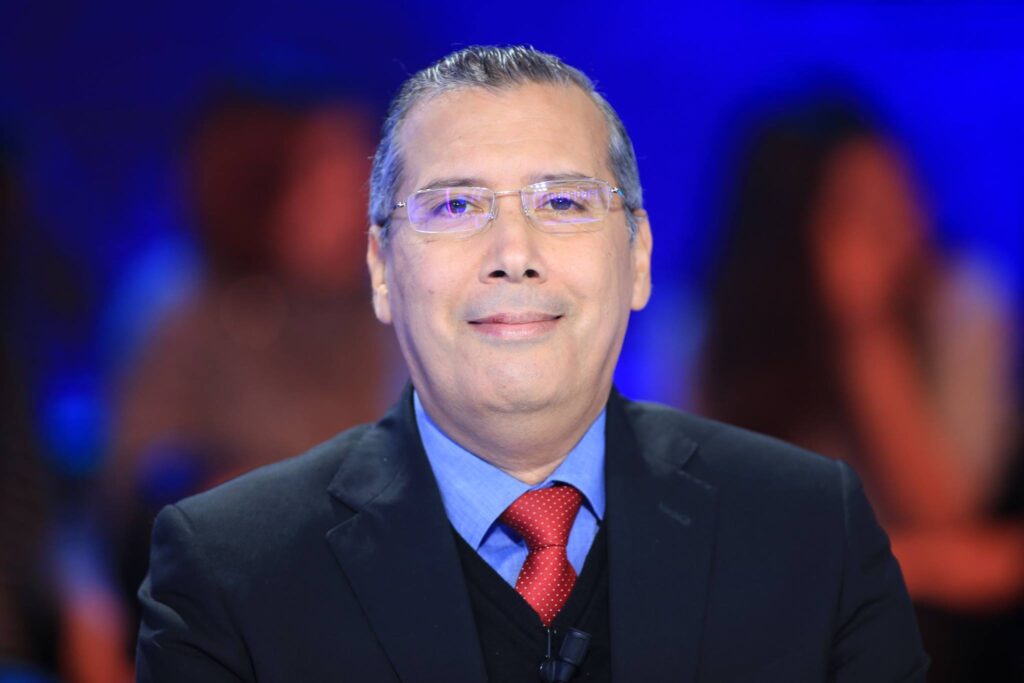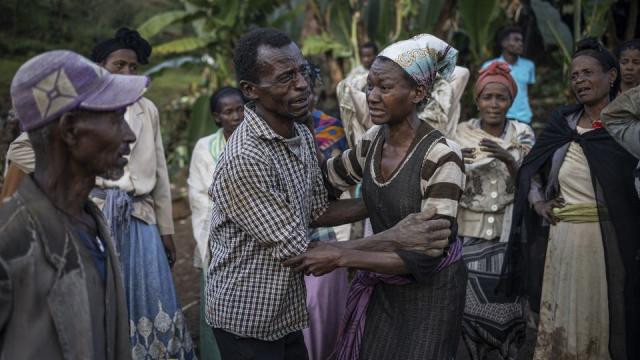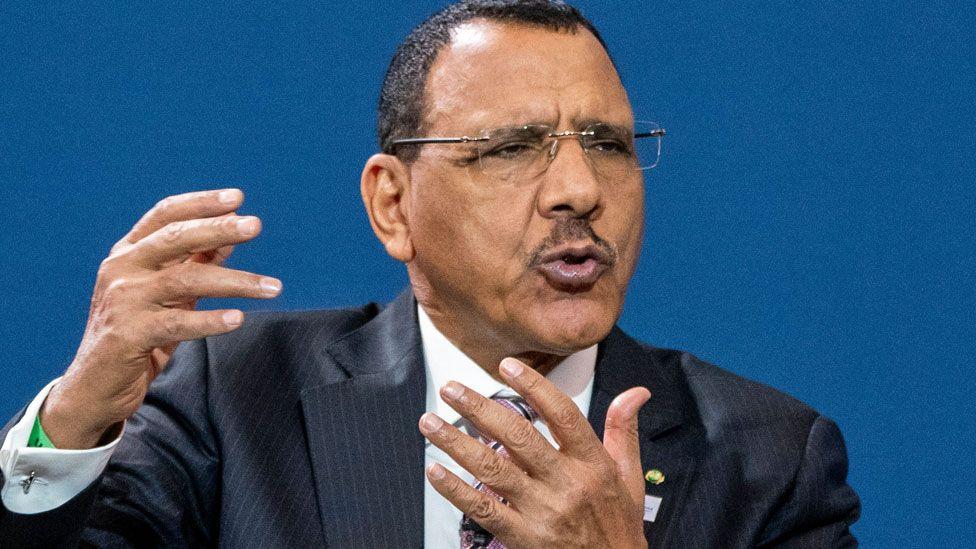
Zimbabwe’s recently re-elected President, Emmerson Mnangagwa, advised on Sunday that individuals contesting the outcomes of the recent election should present their concerns in a court of law as an opposition leader accused him of engaging in enormous fraud.
At 80 years old, Mnangagwa secured victory in the election with 52.6% of the vote, as announced by the election commission on Saturday. Nelson Chamisa, the leader of the opposition Citizens’ Coalition for Change (CCC), received 44% of the votes.
On Sunday, Chamisa stated that the CCC would not acknowledge the results.
He asserted that the opposition would establish the new government, without providing specifics. He refrained from addressing inquiries about whether his party would contest the results in court.
“We will not wait for five years. There has to be a change now,” Chamisa told journalists and party officials.
Two groups of observers reported that law enforcement officials conducted raids on their data centers and apprehended their staff and volunteers.
The Election Resource Centre and the Zimbabwe Election Support Network stated in a release that these actions have cast a cloud of doubt over the entire election process.
Observers from the regional body SADC and the African Union also expressed criticism towards the election procedure.
Analysts and observers noted that the competition was significantly biased in favor of the ruling ZANU-PF party, which has maintained authority for over forty years. ZANU-PF refutes allegations of possessing an unfair advantage or attempting to manipulate election outcomes through rigging.
Chamisa, speaking on social media platform X, formerly Twitter, said of the election: “It’s a blatant and gigantic fraud.”
He indicated he was counting on diplomatic pressure on the government.
“Do not leave us, particularly our fellow brothers and sisters in the region and on the continent,” he said. “We count on your solidarity as we seek to resolve this political crisis.”
Mnangagwa initially assumed the presidency following the ousting of long-standing leader Robert Mugabe in a 2017 military coup, ending Mugabe’s 37-year rule. During Mnangagwa’s inaugural term, the country grappled with severe challenges, including rampant inflation, scarcities of currency, and alarmingly high levels of unemployment.
Mnangagwa welcomed the result.
“I competed with them and I am happy that I have won the race,” he said at State House on Sunday amid heavy police presence in parts of the capital.
“Those who feel the race was not run properly should know where to go to.”
This marks Mnangagwa’s second term in office, which is likely to be his final one, in accordance with the constitution’s two-term limit for presidents.
Christopher Mutswangwa, the spokesperson for ZANU-PF, stated that despite securing 136 out of 209 seats in the parliamentary elections, the party fell short of achieving a two-thirds majority.
“We will concentrate more on governance than probably trying to amend the constitution,” he told journalists on Sunday.
Given the extended duration of Mugabe’s leadership, the topic of term limits sparks controversy within the southern African nation.




